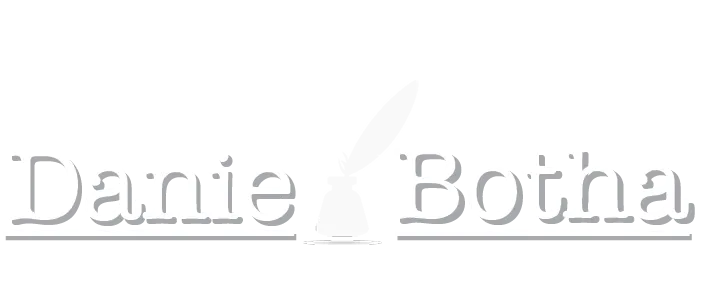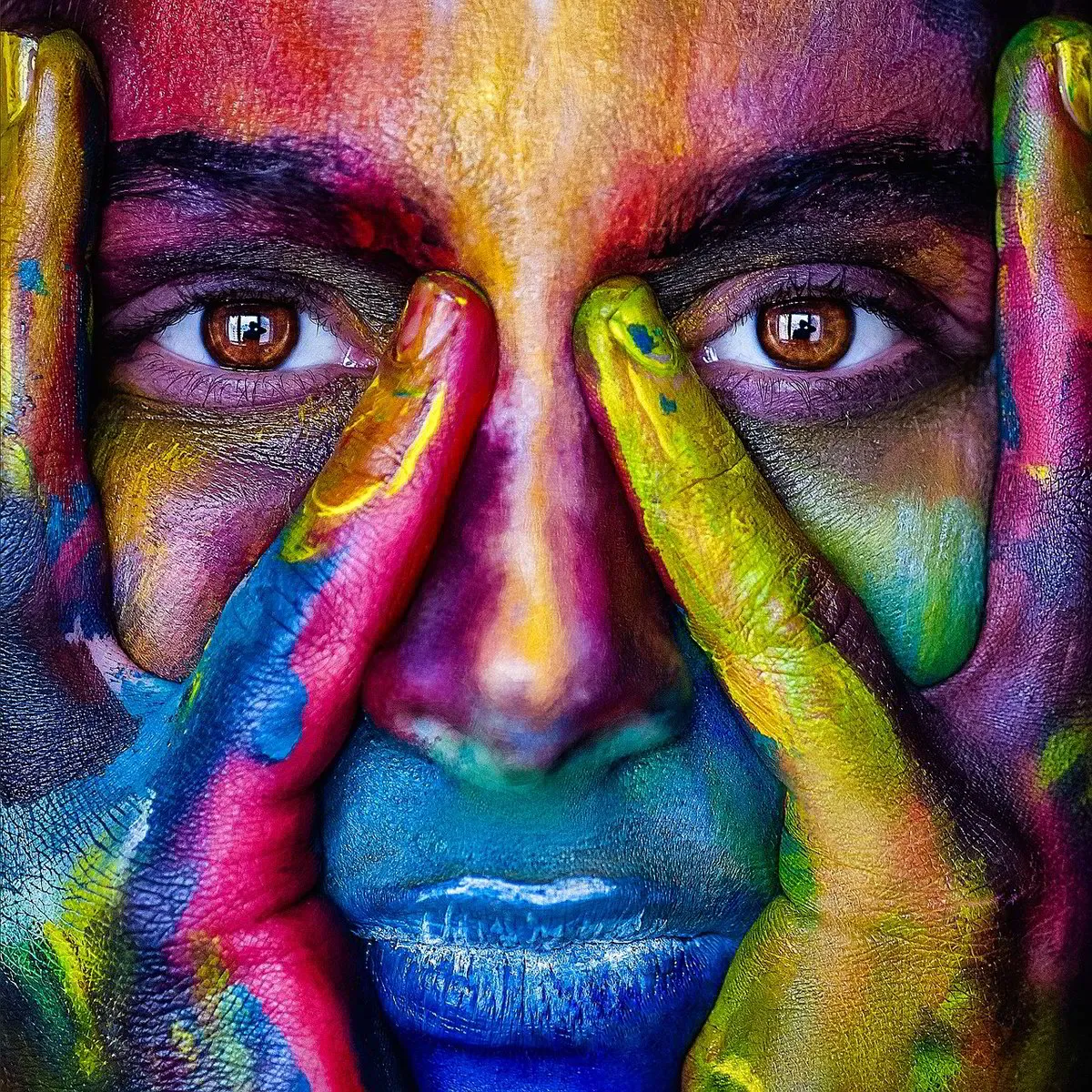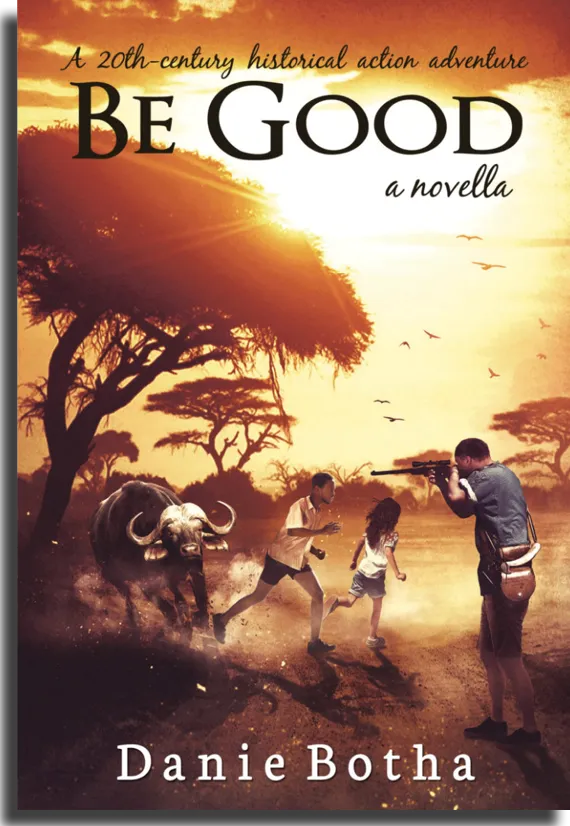How medicine, literature, and storytelling impact each other
The human condition.
How formidable we are! How fragile and fleeting we are! From the beginning of time, man has searched for meaning. Conditio humana speaks to the basic lot of mankind—about existence from the very first breath to the last on one’s deathbed—and everything in between.
Isn’t it grand to be alive?
And yet, some will grumble, Do we have any choice? Look at all the injustice. Others bask in the glory of human accomplishment, soothed by a false sense of complacency. Others still, in humility, live life to the fullest, impacting their world.
From the beginning, healers (and later clinicians), had it as a task to ease pain, comfort, name ailments, find cures, and assist in life’s journey, from birth till death.
Storytelling has intricately been woven into the fabric of being human from the very first people. Knowledge, history, and folklore have been carried from generation to generation through telling stories. Later, those stories were written down, and much later it appeared in printed format, only to become available in digital format for the past many decades.
Clinicians and writers stand witness to life—the former often involved from before conception; the latter recording it all with flourish and flair.
Medical doctors witness and record life in all its stages—the joy, the hurt and heartaches, the hope and aspirations, the love and loss, the futility, and the purpose of lives lived.
Writers, equal witnesses to life with all its quirks, write down what they see and weave that into the retelling or creation of new stories—real and imaginary. Even more than clinicians, they incorporate all the senses to their disposal—sight, smell, sound, speech, and touch. Add to that a sixth tool: awareness and intuition.
According to Gavin Francis, physician and author from Edinburgh, literature helps us explore ways of being human, grants us glimpses of life beyond our own, which aids empathy with others and lessens distress. Books have the power to touch the reader in unexpected ways and help with healing emotional wounds. Storyhealing can be harnessed by physicians and patients alike.
The practice of medicine has more parallels with literature than we perhaps care to acknowledge.
Readers often spend more time with a single book of one author than they will with their physician in an entire year.
One of the primary tasks of medicine is to alleviate pain and curtail disease. Similarly, the writer, using words, word-pictures, metaphor, (and sometimes meter and rhyme) can soften the pain and hurt and devastation, and help make sense of it all.
Perhaps it is time that physicians learn to make use of storytelling and metaphor to help their patients better. Patients also have to be taught to change their metaphor—change the way they tell their story. Particularly how they talk about pain—words they use. Word choice matters. Studies in neurology have demonstrated how, by using a negative metaphor, patients are done a disservice, and their perception of chronic pain is altered.
One patient may tell her doctor, “My legs are so swollen that I can barely walk to the bus stop.” The clinician, discussing the symptom with a colleague, translates that into, “The patient is in heart failure with a reduced ejection fraction.” Physicians, often don’t insert themselves into their patient’s narrative. They can change that.
The physician, like the writer, must remember, to make a worthwhile connection, individuals need to be appreciated in their entirety. They have to be seen than being more than their diagnosis, in their wider social context as multifaceted persons, not merely fascinating clinical puzzles in need of solving, worthy of treatment or merely fodder to write a captivating story about. Deeper empathy is required.
Through the centuries, Medicine has had much to offer Literature.
To name but a few physicians who became household names as authors:
- Anton Chekhov (1860-1904) – Playwright and short story writer—considered of the greatest among short story writers
- Michael Crichton (1942-2008) – Novelist who gave us Jurassic Park & The Andromeda Strain. Both books were made into movies.
- Abraham Verghese (1955- ) – Known for Cutting Stone & The Tennis Player
- Robin Cook (1940 – ) – Famous for his Thrillers, Coma and Terminal which were made into movies
- Khaled Hosseini (1965 – ) He gave us The Kite Runner, A Thousand Splendid Suns and The Mountains Echoed. The Kite Runner was made into a movie.
- Atul Gawande (1965 -) – His books include Being Mortal and Better.
- Eben Alexander (1953 – ) – Neurosurgeon and author of Proof of Heaven, following his near-death experience in 2008.
I find the writings of Anton Chekhov an excellent fit to illustrate the intricate continuum between medicine and literature:
And an excerpt from Chekhov’s short story, Anyuta:
“In the cheapest furnished rooms of the Hotel Lisbon, the third-year medical student, Stepan Klochkov, paced up and down . . . ‘The right lung consists of three sections’ repeated Klochkov . . . ‘The upper section reaches the fourth and fifth rib on the front wall of the chest …’ Straining to visualize what he had just read . . . he began feeling his own upper ribs through his waistcoat. ‘These ribs are like piano keys,’ he said . . . ‘Come here, Anyuta, let me try to get oriented!’”
It will serve us well as clinicians, writers, and readers to better understand and treasure the intricate mesh woven between medicine and literature and how the two can learn from and also infuse color and flavor and warmth into each other. Above all, it offers us a deeper appreciation of the human condition. It helps ease the insatiable thirst to find meaning and to brim with purpose and hope as it gives us glimpses of eternity.
How better to blossom as human beings?
A longer version of this article has also appeared on Medium.com.
References:
- Gavin Francis. Literature can enthuse medicine, and medicine can inspire literature. Aeon.co (March 6, 2017)
- Shane Neilson. Pain as metaphor: metaphor and medicine. BJA Journals 2015.
- Philosophy. November 2, 2015.
- Anton Chekhov. The Complete Short Novels. Stories of Anton Chekhov.
- Emily Silverman. Sharing and healing through storytelling in medicine. JAMA Intern Med 2017.
© 2018 DanieBotha.com. All rights reserved.
Image: Ivanovgood on Pixabay.com


